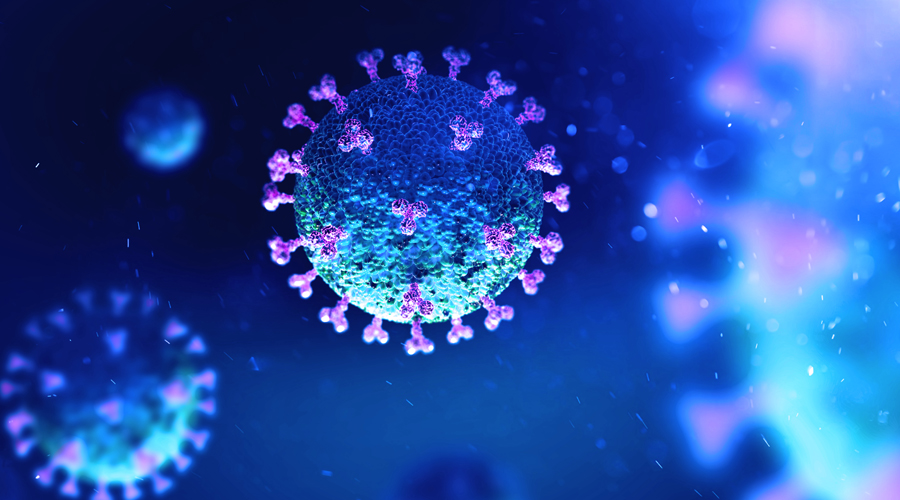Calcutta scientists have discovered that immune system cells calibrate their responses to inflammation by chemically “talking” to each other.
Their work provides fresh insights into the possible mechanisms underlying potentially life-threatening hyperinflammation in severe Covid-19.
The researchers from the Indian Institute of Science Education and Research, Calcutta, have detected a biological phenomenon called “quorum sensing” in macrophages, a type of immune cells that make up the body’s first line of defence against infections.
Quorum sensing is a process in which cells change their behaviour in some way in response to their population density. While scientists have observed quorum sensing in bacteria for decades, the IISER-led study is the first to demonstrate it in macrophages.
Quorum sensing is the outcome of a complex interplay of the so-called signalling chemicals secreted by cells and genetic mechanisms that allow the cells to calibrate — decrease or increase — their own activity depending on their population density.
Macrophages respond to microbial threats by producing inflammatory molecules that kill microbes and promote tissue repair. But excess and uncontrolled macrophage activity can trigger a condition called hyperinflammation or cytokine storm, observed in many patients with severe Covid-19.
“Our findings suggest that the failure of quorum sensing and the resulting uncontrolled activity of macrophages likely contributes to severe Covid-19,” said Partho Sarothi Ray, associate professor of biological sciences at the IISER who led the study.
The findings have been accepted for publication in the Journal of Immunology, a peer-reviewed research publication of the American Association of Immunologists.
Ray and his colleagues have shown through studies on mice macrophages that quorum sensing by macrophages depends on a secreted protein called gelsolin.
When gelsolin levels are depleted, quorum sensing cannot take place efficiently. But quorum sensing can be restored by adding the human gelsolin protein, prepared in the laboratory.
Independent studies by multiple research groups have over the past year found that patients with severe Covid-19 have dysregulated macrophage activity and show low levels of gelsolin in their blood samples.
“What this tells us is that SARS-CoV-2 (the virus that causes Covid-19) has a way of decreasing the production of gelsolin in the body, as a result of which macrophages are unable to understand that they are present in large numbers at the site of infection,” Ray said.
Under these circumstances, macrophages continue to produce inflammatory molecules leading to the cytokine storm, he said.
The study’s co-authors are Reshma Sharma, Binita Goswami, Sukhen Das Mandal and Abhishek Guha from the IISER and Belinda Willard from the Cleveland Clinic in the US.
“This is a landmark study that provides a mechanistic foundation to explore novel therapeutic approaches against hyperinflammatory disorders, including severe Covid-19,” said Esaki Muthu Shankar, a microbiologist and professor of life sciences at the Central University of Tamil Nadu, Thiruvarur, who was not associated with the IISER study.
Amid mounting evidence linking severe Covid-19 to low levels of gelsolin, a company called BioAegis Therapeutics in the US has initiated clinical trials to evaluate gelsolin as a possible adjunct treatment, added to the standard care, for severe Covid-19.
The benefit of gelsolin as a possible treatment of Covid-19 is that it does not cause immunosuppression like other anti-inflammatory drugs, such as steroids.
US researchers had discovered quorum sensing in bioluminescent (light-producing) bacteria in 1970 and the phenomenon has since been recorded in multiple bacterial species.
“Quorum sensing had remained unknown in mammalian systems, although mechanisms similar to quorum sensing have been described in the mammalian immune system,” Shankar said. “We now have strong evidence for the phenomenon.”










